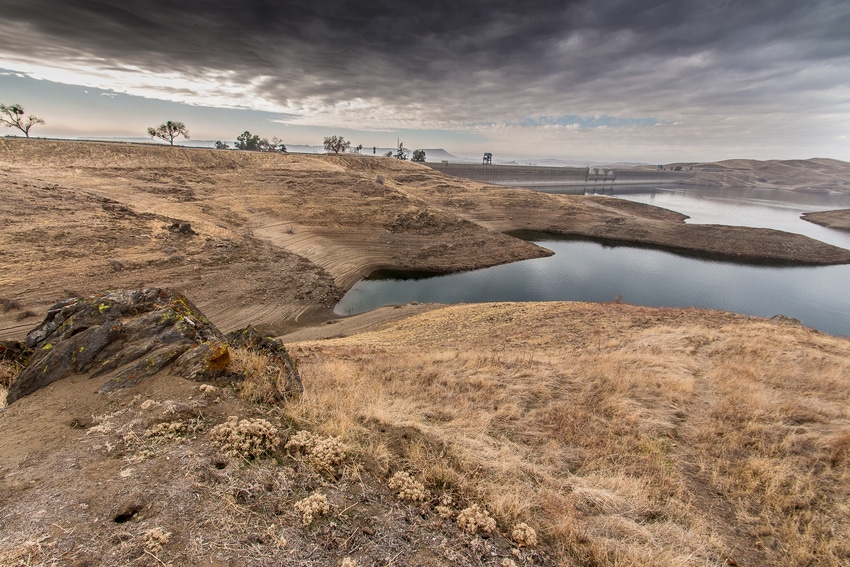
Recent California Water Commission hearings determined who will receive a portion of the $2.7 billion in water bond money voters approved several years ago. The news wasn’t good for those promoting Temperance Flat, but was arguably better for the Sites Reservoir proposal.
Temperance Flat is the million-plus acre foot project proposed for the upper San Joaquin River watershed above Millerton Lake near Fresno. Sites Reservoir is the off-stream location that seeks to flood a small valley in western Colusa County (northern California) with water pumped from the Sacramento River.
While Sites Reservoir is eligible for just over $1 billion to go toward building the 1.8 million acre foot reservoir, Temperance Flat is eligible for just over $170 million — arguably a pittance of what will be needed if the dam is ever to be built.
Attending the hearings in Sacramento, where proponents argued in favor of their projects, was never on my calendar. I’ve sat through my share of boring regulatory meetings, where the relative value of my attendance there doesn’t measure up to what I could accomplish elsewhere.
Nevertheless, I did manage to catch about 10 minutes of the Temperance portion of the hearing on the live webcast. To those who sat through the entire process without becoming comatose in the process, I tip my hat to you.
Those wondering why California can’t have good things need only look at regulatory processes like this. Overpaid agency staff and attorneys have ruined it for the human beings who live here. While one could argue that the commission meeting was part of the public process and everyone had their opportunity to participate, is there any wonder why people are increasingly frustrated with the political process? For starters, attending a meeting like this requires a 5-inch D-ring binder full of pages with terms and definitions spelled out just so most people can try to follow along with the gibberish uttered by those in the know.
Blame it on lawyers.
After 10 minutes of watching the back-and-forth dialog between one member of the water commission and a project proponent, I needed medication to uncross my eyes and help me refocus on something else. Anyone who’s testified at a regulatory hearing such as this knows full well that common sense does not factor into any of the discussions. Beating one’s head against a tree in hopes that it will fall makes more sense than expecting a positive outcome from one of these meetings.
If there’s anything to be learned from events like this, it’s that unelected agency staff in protected positions have assumed almost despotic authority.
We can agree that $2.7 billion isn’t enough to address California’s water storage needs. But, it’s safe to say that the process and outcome of what we saw at the California Water Commission was not in keeping with the spirit of what voters sought when they approved Proposition 1.
About the Author(s)
You May Also Like






